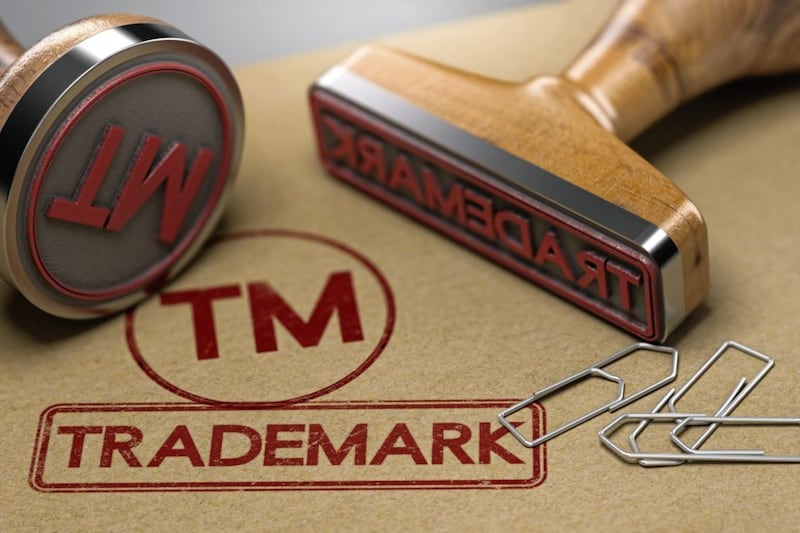PRESIDENT Zelenskyy announcing Ukraine's surrender to Russia. Joe Biden forgetting the words to the US National Anthem and singing Baby Shark instead. Tom Cruise revealing a secret relationship with Paris Hilton via social media.
All of the above were videos which have circulated online during the last year, but none of them actually happened in reality - rather, they were 'deepfakes'.
Deepfakes (a portmanteau of 'deep learning' and 'fake') are artificially created video or audio clips in which artificial intelligence (AI) is used to replicate and manipulate the voice and image of a subject (usually a celebrity or public figure) so that the subject appears to say whatever the creator wishes them to say.
While this kind of technology has been in development since the 1990s, the term 'deepfake' was coined on Reddit in 2017, and it is really during the last five years that the technology and prevalence of deepfakes has really taken a huge leap forward. In recent years, they have emerged from some of the murkier depths of the internet and are now being used in a more diverse range of contexts on social media.
They have also hit the mainstream in recent months, with the parody comedy show Deepfake Neighbour Wars airing on ITV, and a deepfake start-up called Metaphysic reached the final of America's Got Talent with their musical act, which transposed the faces of the judging panel, Elvis Presley, and others, in real time on to video screens as singers performed live on stage.
While some uses of deepfake technology are upfront about their parodic or deceptive nature and are simply for entertainment purposes, there is a more sinister side to deepfakes and what they might be used for. The scope for misinformation and deception of the public, particularly in the context of politics and elections, should be concerning to all.
As it stands, the law in Northern Ireland (and the UK more generally) makes no provision for deepfakes and so they are essentially unregulated. Anybody affected by a deepfake who might wish to take action against the creator of the work therefore has to patch together a case, using a mishmash of existing laws designed to protect other legal rights.
This could include the utilisation of defamation laws (where a subject's reputation is damaged), intellectual property rights (such as copyright infringement of underlying footage, or the law of passing off where the deepfake suggests a false endorsement of goods or services), rights relating to privacy, data protection legislation (as images/videos which identify a subject can constitute 'personal data'), and laws to prevent harrassment.
For conduct which strays towards criminality, the Malicious Communications (NI) Order 1988 or Computer Misuse Act 1990 (where fraud is involved) could be invoked. But all such routes present their own challenges, not least the difficulties associated with trying to identify the creators of anonymous deepfakes online.
Often, given the challenges presented by identifying creators of deepfakes online, the best practical step is to seek that the hosting website or social media platform takes down the footage as a violation of their terms and conditions, although this can be impracticable once footage has gone viral across multiple platforms, or in cases where material is distributed via text channels such as WhatsApp.
The UK Government has shown some tentative willingness to legislate against deepfakes, such as the proposal from November 2022 to amend the Online Safety Bill in order to make it easier to prosecute those who share manipulated pornographic content (including deepfakes) without consent. However, as it stands, this will only apply to England and Wales, and not Northern Ireland.
Therefore, deepfakes are, quite rightly, a growing concern in the UK, and there is undoubtedly a need for a more comprehensive legal framework to govern their creation, distribution, and use.
While we do currently have some legal mechanisms available to us which can be applied to deepfakes, it is undeniable that more targeted and specific laws are needed to effectively address the legal and social implications of this technology.
:: James Griffiths is a director at DWF Group in Belfast (https://dwfgroup.com/)





